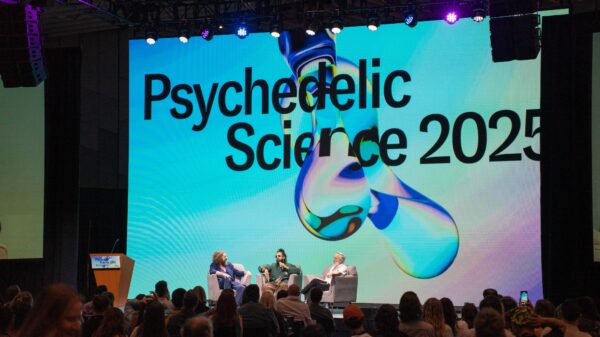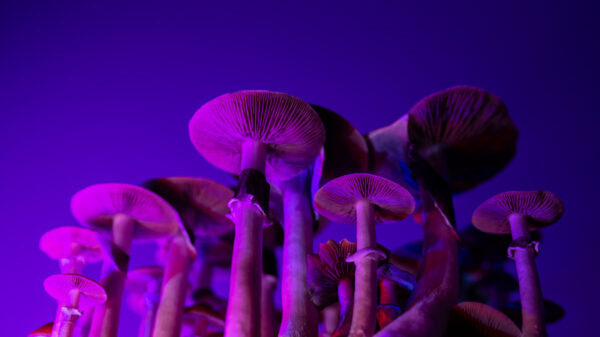A prominent British school is examining the impact of dimethyltryptamine (DMT) on a group of people who want to reduce their alcohol consumption and clean up their act, but are struggling to do so.
The powerful psychedelic substance has been attracting an increasing amount of interest for its therapeutic, enlightening and mystical properties. It may just be the world’s most mysterious substance.
Researchers from University College London (UCL) said last week that their new trial has commenced with a few volunteers and that they are aiming to recruit an additional 120. They must be between the ages of 21 and 65.
The psychedelic drug is primarily known to be smoked in its powdered form or ingested in the Amazonian ayahuasca brew, but it will be administered via intravenous infusion in this case. This method is known for its immediate onset and extremely powerful effects.
Biggest analysis of its kind, UCL says
They claim it will be the world’s largest psychedelic brain imaging study to date once in full swing. It will be funded by Wellcome Leap — a health research non-profit dedicated to backing unconventional undertakings like this. Their research will utilize functional Magnetic Resonance Imaging (fMRI) to assess changes in the brain of subjects before, throughout and after they have received the DMT.
They’re calling the trial the “‘Understanding Neuroplasticity Induced by Tryptamines’ [UNITy] project.” The name refers to the impact that DMT can potentially have on brain function and the mind’s ability to reorganize itself beneficially by forming new neural connections.
“We hope that our trial not only demonstrates DMT’s effectiveness in helping individuals reduce hazardous drinking patterns, but also contributes to the growing evidence that psychedelics, despite their current classification as ‘Class A’ drugs, can be used safely and effectively to treat mental health disorders,” UCL psychedelics expert, Greg Cooper, said in a blog post.
Read more: Psychedelic YouTuber Willy Myco drops world’s first LSD synthesizing tutorial vid
Read more: San Francisco psychedelic church shuts down over hostility from city officials
Data expected from UCL 5-MeO-DMT study soon
This isn’t the first DMT research initiative the school has taken on in recent years.
In 2022, University College London partnered with an organization specializing in 5-MeO-DMT to complete brain imaging scans on subjects who participated in ceremonial usage of the psychedelic at a retreat centre in Mexico.
“These studies may illuminate the neural basis of mystical or transcendent experiences, shedding light on how the brain processes non-ordinary states of consciousness,” 5-MeO-DMT Information & Vital Education (FIVE), the organization collaborating with UCL on the study, says.
Regular dimethyltryptamine is known to be extracted from chacruna leaves and other plants, but this substance comes from the glands of certain toads. It has different and equally or more mind-boggling effects.
This study may also support future investigations on the therapeutic potential of 5-MeO-DMT for chronic pain, cluster headaches, and other central nervous system indications, FIVE says.
The psychedelics organization explained that it would take six to 12 months for data on outcomes to be released in a note last February. It could be published any day now.
“Delighted to see this important research collaboration between UCL and F.I.V.E. and excited to see the insights and rich qualitative data emerge from the study,” James Collins, former COO at Awakn Life Sciences Corp (CNSX: AWKN) (OTCMKTS: AWKNF), said last year.
rowan@mugglehead.com













